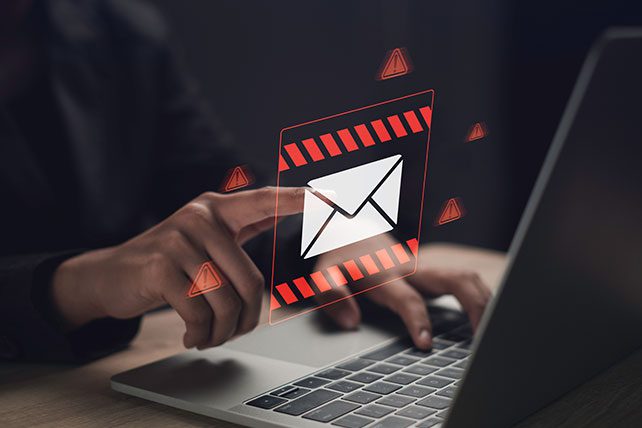Stop me if you received this one in your Inbox before: “Greeting. I am a prince from Nigeria. This email may come as a surprise to you but let me explain my deep desire to go into a business relationship with you . . . ” All jokes aside, (unless you’ve been living under a rock since the days of the Internet), you can probably recognize the familiar (awkward) wording as belonging to a 419-fraud scheme or better known as the Nigerian letter scam.
The Nigerian letter scam is an advance fee fraud scheme designed to steal money and confidential information from unexpecting users by exploiting common social engineering tactics of human behavior and emotion like urgency, decency, and empathy. It’s one of the oldest online fraud schemes to date, and somehow people still fall for it.
But did you know that the Nigerian letter scam did not originate as an email scam? The original Nigerian Letter-style scam predates the digital age and can be traced as far back as the 19th century where crooks and swindlers would send letters, to someone believed to be easily deceived, offering a mutually beneficial financial partnership. The partnership usually involved assistance in retrieving a prisoner’s substantial riches in return for a share of the riches. However, to solidify the partnership (and to complete the scam), the letter’s recipient must agree to send a small percentage of the money upfront.
With such an age-old story of deception and lies, it’s safe to say no one still falls for Nigerian Letter scams anymore, correct?
If you said correct, you should be right, but you would be wrong. According to the Thirtyseven4 EDR Security ThreatLab, the Nigerian Letter scam is still viable, in good health, and continues to extort funds from unsuspecting (well-meaning) people. In fact, cybercriminals are now leveraging advancements in Artificial Intelligence (AI) and tools such as ChatGPT to make these fraudulent schemes more authentic and credible than ever!
And (what do you know?) just now, in my inbox, the following email has populated:
Subject: From Mrs. Mabel Dumelo and my Daughter Arina Dumelo
From: Mrs. Mabel Dumelo and my Daughter Arina Dumelo.
Greetings dear one,
Good day to you and your household. My name is Mrs. Mabel Dumelo and my daughter is Arina Dumelo, i am writing to you from my hospital bed as i would like to connect you to my little daughter for an investment purpose in your country. Please treat this matter very diligently and seriously because my life is no longer guaranteed due to a stroke that attacked half part of my body.
I and my daughter Arina is contacting you for our investment plans of $7,800,000.00 USD Dollars with my desire to send my only daughter to your country to further her education over there in your country while you will receive this 7.8 Million USD and invest it in a Real Estate business or any lucrative business in the name of my daughter and you will be profiting at least 20% from the profits that your investment will yield, i and my beloved daughter take this decision due to my present health situation and also due to some family problem with my inlaws…
So, what should you do if you encounter a Nigerian Letter scam or a similar fraudulent email?
First . . . THINK!

